How to Extend Your Student Visa in Australia
Don't let your studies end with your visa! Extending your student visa in Australia is a crucial step to ensure that you can continue your studies without any interruptions. Whether you're finishing your current course or planning to pursue further education, understanding the visa extension process is essential.
Learn how to extend your student visa in Australia with our comprehensive guide. Discover the step-by-step process, requirements, and latest updates to ensure your studies continue smoothly.
Why You Might Need to Extend Your Student Visa
There are several reasons why you might need to extend your student visa in Australia:
Completion of Course
Sometimes, unforeseen circumstances such as illness, personal issues, or academic difficulties can delay your progress. Your current visa might expire before you finish your studies due to these delays or an extended course duration. In such cases, extending your student visa is essential to ensure you can complete your educational program without interruption.
Examples:
Extended Projects: Certain projects or practical components may take longer than expected.
Failed Subjects: Retaking subjects you didn’t pass on the first attempt can prolong your study period.
Additional Requirements: Unexpected additional requirements or electives that need to be completed.
Further Studies
You may decide to continue your education by enrolling in another course after completing your current one. This could be pursuing a higher qualification such as moving from a diploma to a bachelor's degree, or from a bachelor’s degree to a master’s degree. Extending your visa will allow you to stay in Australia and seamlessly transition to your new course.
Scenarios:
Higher Education: Progressing to postgraduate studies like a master's or Ph.D.
Specializations: Enrolling in specialized courses or certifications to enhance your career prospects.
Professional Development: Taking additional courses that complement your primary field of study.
Research Extensions
For postgraduate students, especially those involved in research-intensive programs, additional time may be needed to complete research or thesis work. Research projects can often be complex and time-consuming, requiring extensions beyond the initial visa period to ensure thorough and high-quality work.
Situations:
Complex Research Projects: Large-scale research that demands more time for data collection, analysis, and reporting.
Publication Requirements: Need extra time to publish findings in academic journals.
Supervisor Recommendations: Advisors or supervisors may recommend additional time to refine and perfect research work.
Internship and Work Placement
Many courses require students to complete internships or work placements as part of their curriculum. These practical experiences are invaluable for gaining hands-on experience and improving employability but may require an extension of your visa if they extend beyond the original visa period.
Examples:
Mandatory Internships: Work placements that are a compulsory part of your study program.
Industry Experience: Gaining relevant industry experience through internships or work placements.
Co-op Programs: Participating in co-op programs that alternate between study and work terms.
Personal Reasons
Personal circumstances, such as health issues, family emergencies, or other unforeseen events, can also necessitate an extension of your student visa. These situations might require you to take leave from your studies or adjust your study load, impacting your course completion timeline.
Scenarios:
Health Issues: Extended recovery periods from illness or medical procedures.
Family Emergencies: Needing to take time off to deal with personal or family matters.
Mental Health: Taking a reduced study load to manage stress or mental health issues.
Course Transfer
Transferring to a different course or institution might also require a visa extension. This could happen if you realize that another program better aligns with your career goals or if you face issues with your current institution that necessitate a transfer.
Situations:
Better Opportunities: Transferring to a course or institution with better career prospects or facilities.
Academic Misalignment: Switching courses if the current program doesn’t meet your academic needs or expectations.
Institutional Issues: Moving to a different institution due to dissatisfaction with the current one.
COVID-19 and Other Global Disruptions
The COVID-19 pandemic and other global disruptions have significantly impacted students worldwide, causing delays in academic schedules and necessitating visa extensions. Online learning, border closures, and travel restrictions have all contributed to the need for extended study periods.
Impacts:
Online Learning Challenges: Adapting to online learning formats that may slow down academic progress.
Travel Restrictions: Inability to return to Australia on time due to border closures.
Health Concerns: Dealing with health concerns or quarantine requirements affecting study timelines.
Understanding the Student Visa (Subclass 500)
The Student Visa (Subclass 500) allows international students to study full-time at an educational institution in Australia. This visa is essential for those pursuing their studies and includes several benefits:
Eligibility Criteria: Applicants must be enrolled in a course of study, have adequate health insurance, and meet financial and character requirements.
Benefits: Allows you to work part-time during your studies, includes family members on your visa, and provides access to Australia's high-quality education system.
Step-by-Step Guide to Extending Your Student Visa
Step 1: Check Your Visa Expiry Date
Knowing your visa expiry date is crucial to avoid any legal issues or interruptions in your studies. You can find this information on your visa grant letter or by using the Visa Entitlement Verification Online (VEVO) service. The VEVO service is available on the Department of Home Affairs website and provides up-to-date information on your visa status, including conditions and expiry date.
Step 2: Gather Necessary Documents
Before you apply for a visa extension, ensure you have all the necessary documents ready. Missing documents can delay the process or result in a rejection.
Passport: Ensure your passport is valid for the duration of your intended stay in Australia.
Confirmation of Enrolment (CoE): This document, provided by your educational institution, confirms your enrolment in a registered course. If you are enrolling in a new course, obtain a new CoE.
Financial Evidence: Proof that you can support yourself financially during your stay. This can include bank statements, scholarship letters, or a financial support declaration from a sponsor.
Overseas Student Health Cover (OSHC): You must have health insurance that covers the entire duration of your stay. Ensure your OSHC policy is current and extended to cover the new visa period.
Step 3: Enrol in a Course and Obtain a Confirmation of Enrolment (CoE)
If your current course is ending or you are switching to a new course, you need to enrol in the new course and obtain a Confirmation of Enrolment (CoE) from your educational institution. This document is essential for your visa application as it verifies your intention to continue studying in Australia.
Tips:
Consult Your Institution: Speak with your institution’s international student office to ensure you complete the enrolment process correctly.
Timing: Obtain your CoE well before your current visa expires to avoid any gaps in your visa status.
Step 4: Complete the Online Application
Log in to your ImmiAccount on the Department of Home Affairs website and complete the online visa extension application form. Ensure that all information provided is accurate and up-to-date. The application will ask for personal details, your current visa status, course information, and details about your financial capacity.
Steps:
Login/Register: Access your ImmiAccount or create a new one if you don't have an account.
Fill Out the Form: Complete the visa extension application form, ensuring all information is correct.
Upload Documents: Scan and upload all required documents, including your passport, CoE, financial evidence, and OSHC.
Step 5: Pay the Application Fee
The application fee varies, so check the current fee on the Department of Home Affairs website. Payment can be made online through various methods, including credit cards, debit cards, and PayPal. Keep a copy of the payment receipt as proof.
Tips:
Check for Updates: Fee amounts can change, so always check the latest information on the official website.
Keep Records: Save a copy of your payment receipt for your records.
Step 6: Attend a Medical Examination (if required)
Some applicants may be required to undergo a medical examination to ensure they meet the health requirements for staying in Australia. You will be notified if this is necessary and provided with a list of approved medical providers.
Steps:
Book an Appointment: Schedule your medical examination with an approved provider.
Attend the Examination: Complete the required medical tests and submit the results as instructed.
Submit Results: Ensure that the results are sent directly to the Department of Home Affairs by the medical provider.
Step 7: Submit Biometrics (if required)
Biometric data (fingerprints and a photo) may be required as part of your application. If so, you will receive instructions on where and how to submit your biometrics. This process enhances the security of visa processing and helps verify your identity.
Steps:
Receive Notification: You will be informed if biometrics are required.
Book an Appointment: Schedule an appointment at an authorized biometric collection centre.
Provide Biometrics: Attend the appointment and submit your fingerprints and photo.
Step 8: Wait for the Decision
After submitting your application, you will need to wait for a decision. The processing time varies depending on the completeness of your application and individual circumstances. You can check the status of your application online through your ImmiAccount.
Tips:
Check Regularly: Log in to your ImmiAccount frequently to check for updates or additional requests for information.
Be Patient: Processing times can vary, so it’s important to be patient and prepared for a possible wait.
What to Do During the Waiting Period:
Stay Informed: Keep up-to-date with any communications from the Department of Home Affairs.
Maintain Validity: Ensure your current visa remains valid during the processing period.
Prepare for Next Steps: Depending on the outcome, be ready to act promptly whether it’s preparing for travel, further study, or other plans.
By following this detailed step-by-step guide, you can navigate the student visa extension process smoothly, ensuring that you continue your studies in Australia without any interruptions. If you have any questions or require assistance, don't hesitate to contact your educational institution or seek professional advice.
Cost and Processing Time
Application Fee: The fee for extending a student visa varies. As of now, it ranges from AUD 620 to AUD 700.
Processing Time: The average processing time is between 1 to 3 months, but it can vary depending on individual circumstances and the completeness of your application.
Latest Updates on Student Visa Extensions
Staying informed about the latest updates and policy changes regarding student visa extensions is crucial for ensuring a smooth application process. The Department of Home Affairs website regularly posts updates on visa policies, including any temporary measures due to the COVID-19 pandemic. Here are some key updates:
COVID-19 Measures: The Department of Home Affairs has introduced several temporary measures to support international students affected by the COVID-19 pandemic. These measures include visa fee waivers for students who had to extend their studies due to COVID-19 and flexible working hours for student visa holders working in critical sectors.
Online Study Recognition: Due to the pandemic, time spent studying online outside Australia now counts towards the Australian Study Requirement for post-study work visas. This adjustment helps students who are unable to return to Australia immediately continue their education without penalty.
Health and Travel Restrictions: Stay updated on health and travel restrictions that may affect your ability to enter or remain in Australia. The Department of Home Affairs provides detailed information on quarantine requirements, health checks, and travel exemptions.
For the most current information, visit the Department of Home Affairs COVID-19 and the border page.
Tips for a Successful Student Visa Extension Application
Applying for a student visa extension can be straightforward if you follow these tips:
Timely Application: Apply well before your current visa expires to avoid any legal complications. The Department of Home Affairs recommends applying at least six weeks before your current visa expires.
Accurate Information: Ensure all information provided in your application is correct and up-to-date. Inaccurate or incomplete information can lead to delays or rejection.
Complete Documentation: Double-check that all required documents are submitted to avoid delays. Missing or incorrect documents are common reasons for visa application delays.
For a comprehensive guide on how to prepare your application, refer to the Department of Home Affairs Student Visa (Subclass 500) page.
What to Do If Your Extension Is Denied
If your visa extension application is denied, it’s important to understand the reasons and explore your options:
Review the Reasons: Carefully read the denial notice to understand why your application was rejected. Common reasons include incomplete documentation, failure to meet financial requirements, or inaccuracies in the application.
Appeal the Decision: You may have the option to appeal the decision through the Administrative Appeals Tribunal (AAT). The AAT can review decisions made by the Department of Home Affairs and may overturn a denial if they find it in your favour.
Explore Alternative Visas: Consider other visa options that might be available to you, such as a Temporary Graduate visa (subclass 485) if you have recently completed your studies. This visa allows you to stay in Australia temporarily after you finish your studies.
For more information on appeals and alternative visa options, visit the Department of Home Affairs.
Extending your student visa in Australia involves a detailed process that requires careful planning and preparation.
Make the most of your time in Australia with Learning Options.
FAQ
How can I extend my student visa to Australia?
Answer: While you cannot extend your student visa, you may apply for a new one if your existing one expires before you complete your degree.
What are the options for extending a student visa in Australia?
Answer: An SOP, or declaration of Purpose, is a written declaration that summarizes your academic objectives, accomplishments, and plans when applying for a student visa renewal.
How many days may I stay in Australia after my student visa has expired?
Answer: 28 days. If a person remains in Australia unlawfully for more than 28 days after their visa has expired, any subsequent applications for an Australian visa will be subject to an exclusion period.
How much does it cost to renew a student visa in Australia?
Answer: AUD 710 if this is your first onshore visa renewal in Australia. The Department of Home Affairs may charge you extra if you apply with a partner or children, or if you applied for your current visa onshore as well. You may learn more about these levies here.
What happens if you overstay your student visa in Australia?
Answer: If a person remains in Australia after their visa has expired, they become an illegal non-citizen. Unlawful non-citizens can be imprisoned in immigration detention and deported to their home country or any other nation where they have the right to enter.
What is the age restriction for obtaining an Australian student visa?
Answer: You may apply for an Australian Student Visa at any age. However, specific conditions exist if you are under the age of 18.

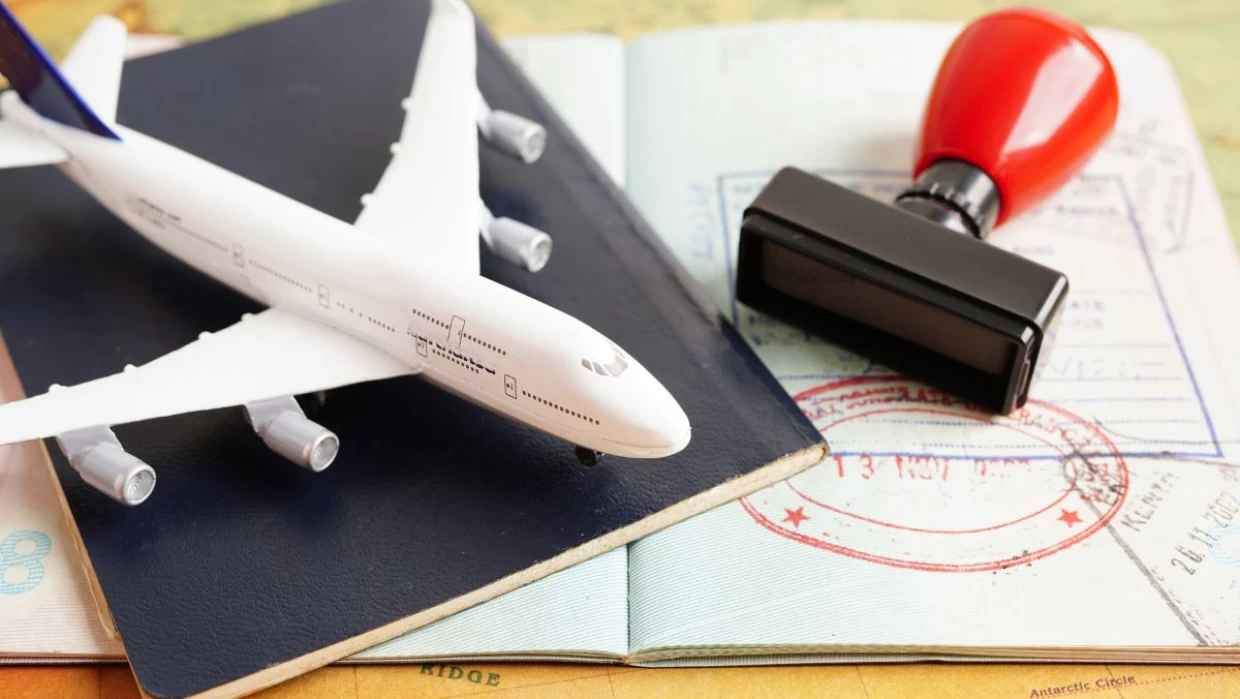
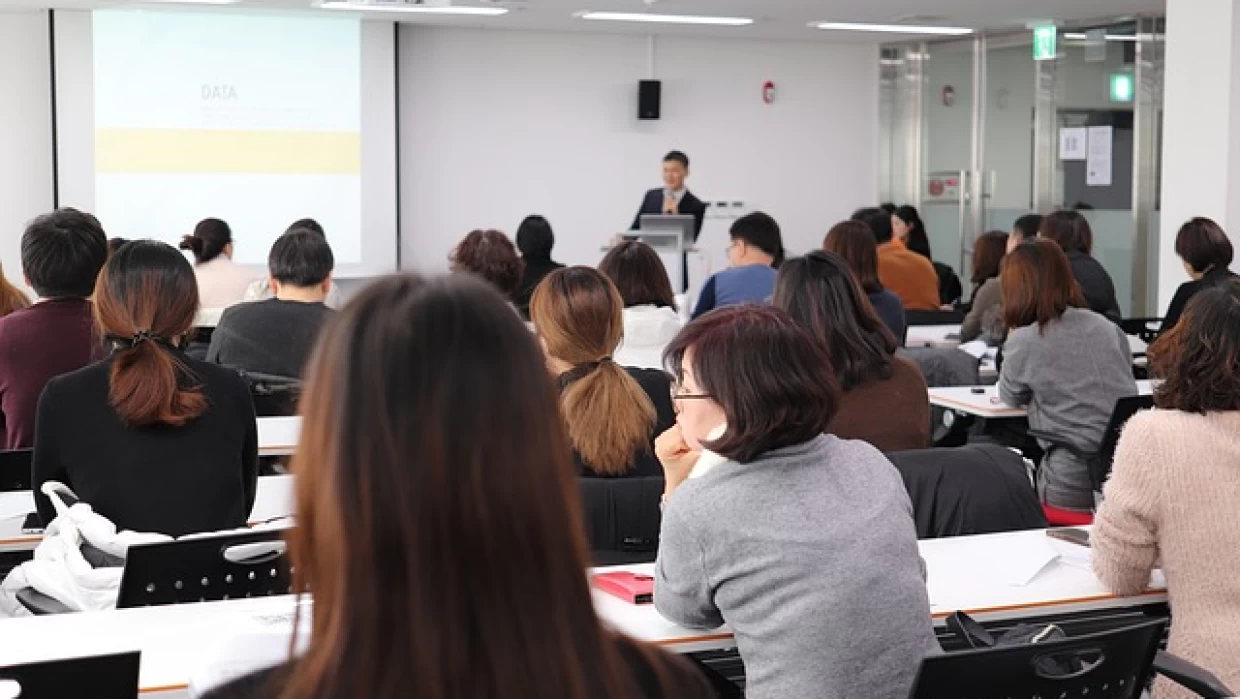



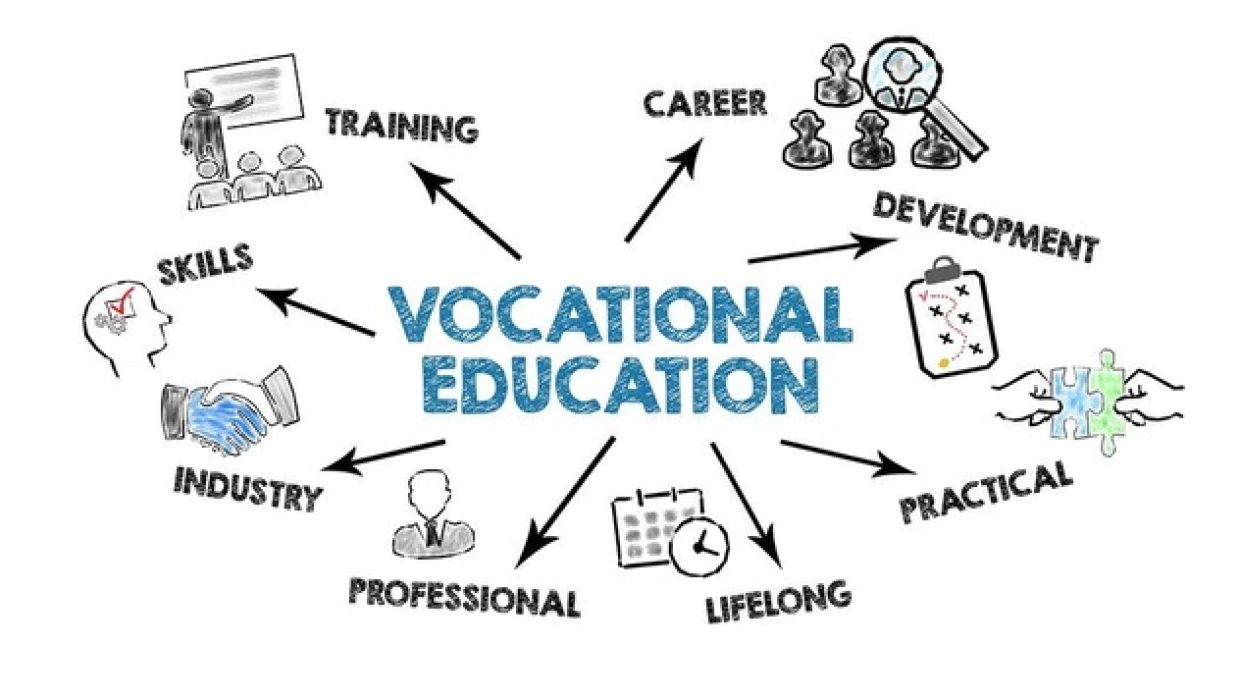







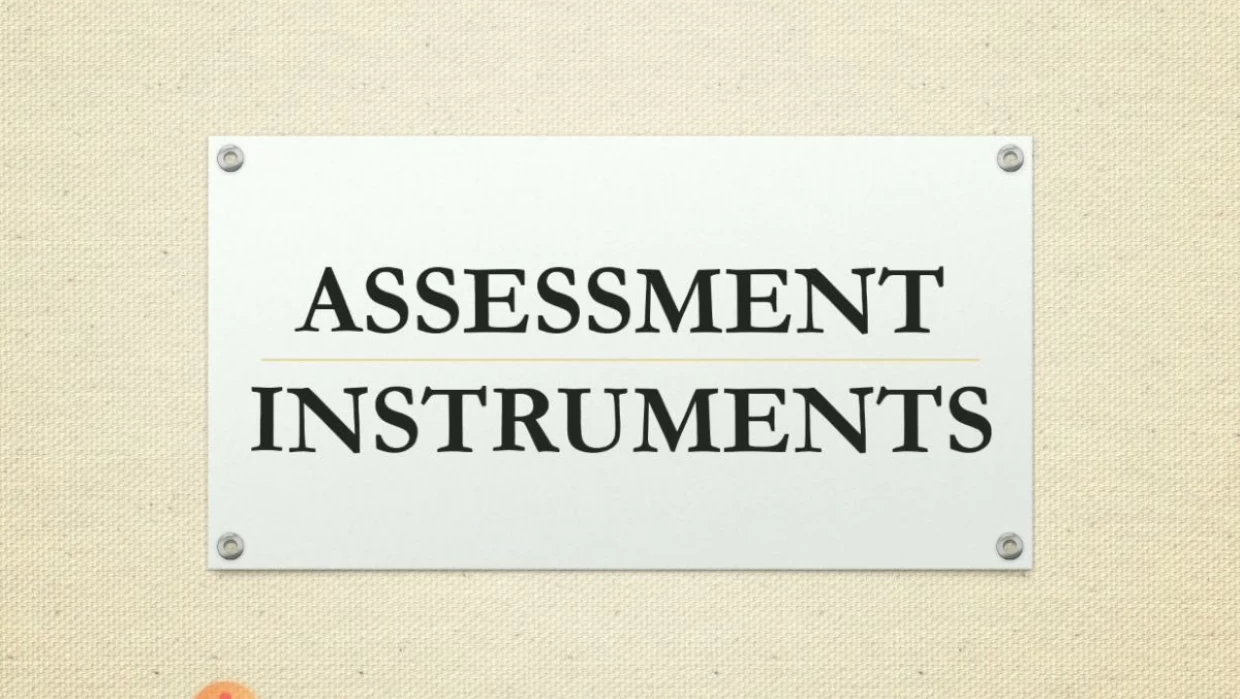





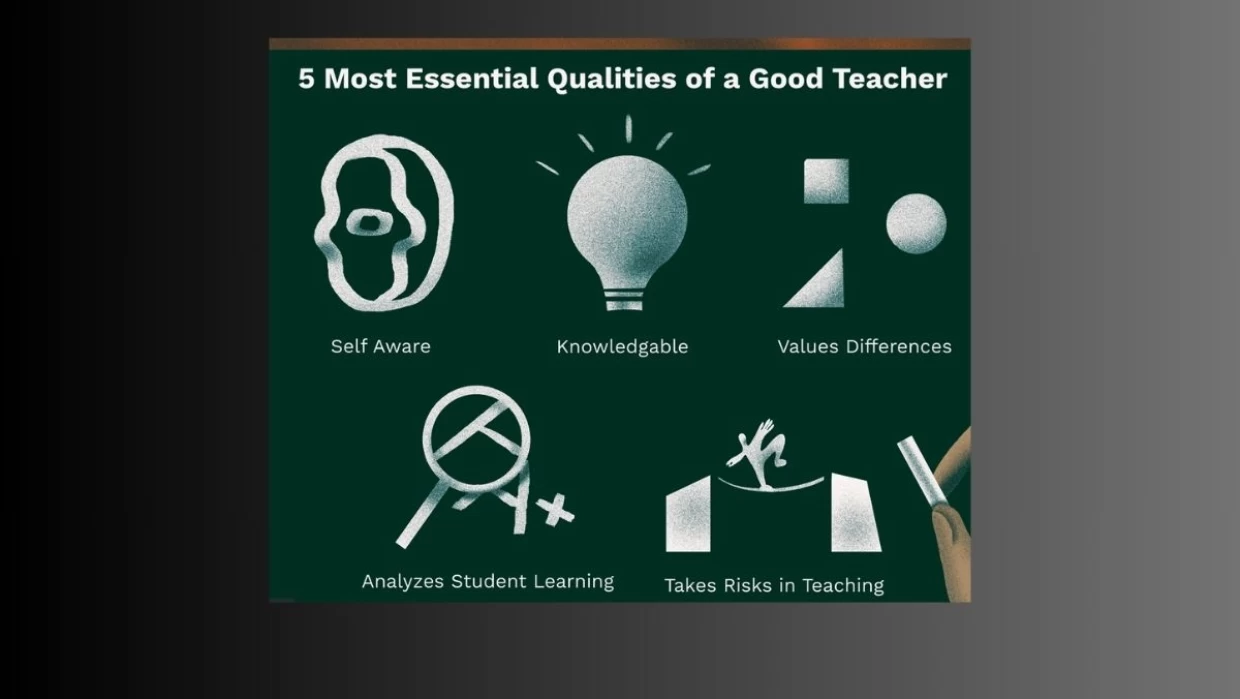
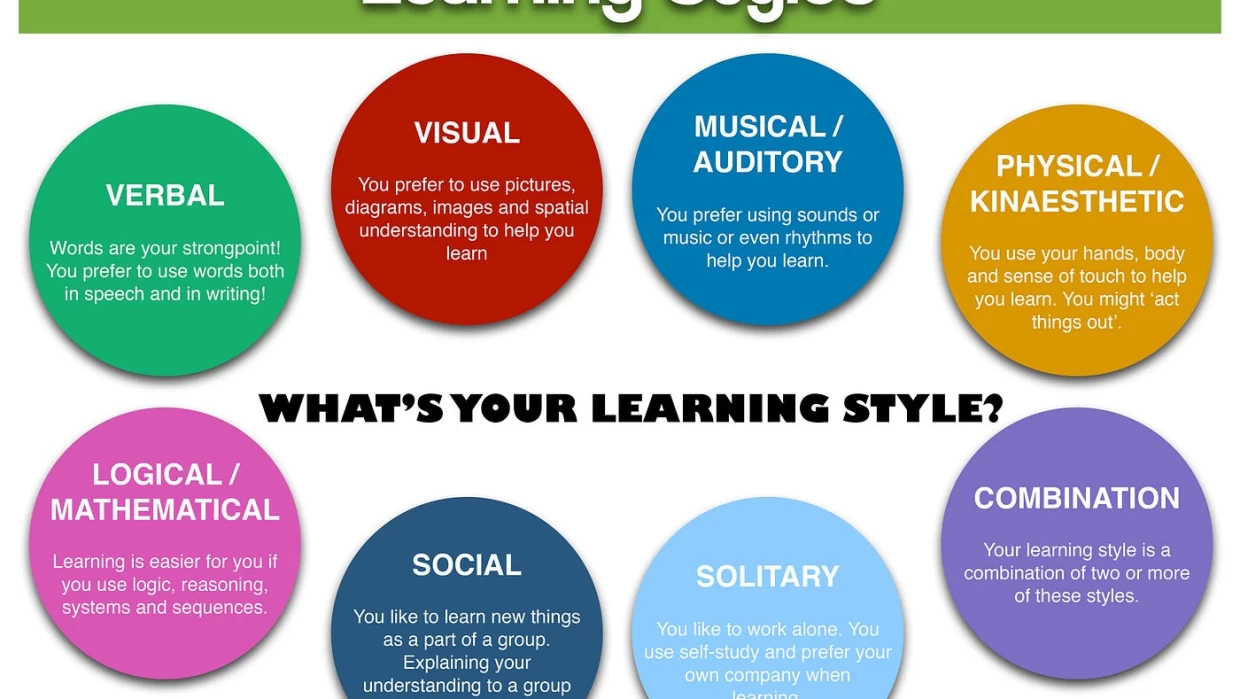
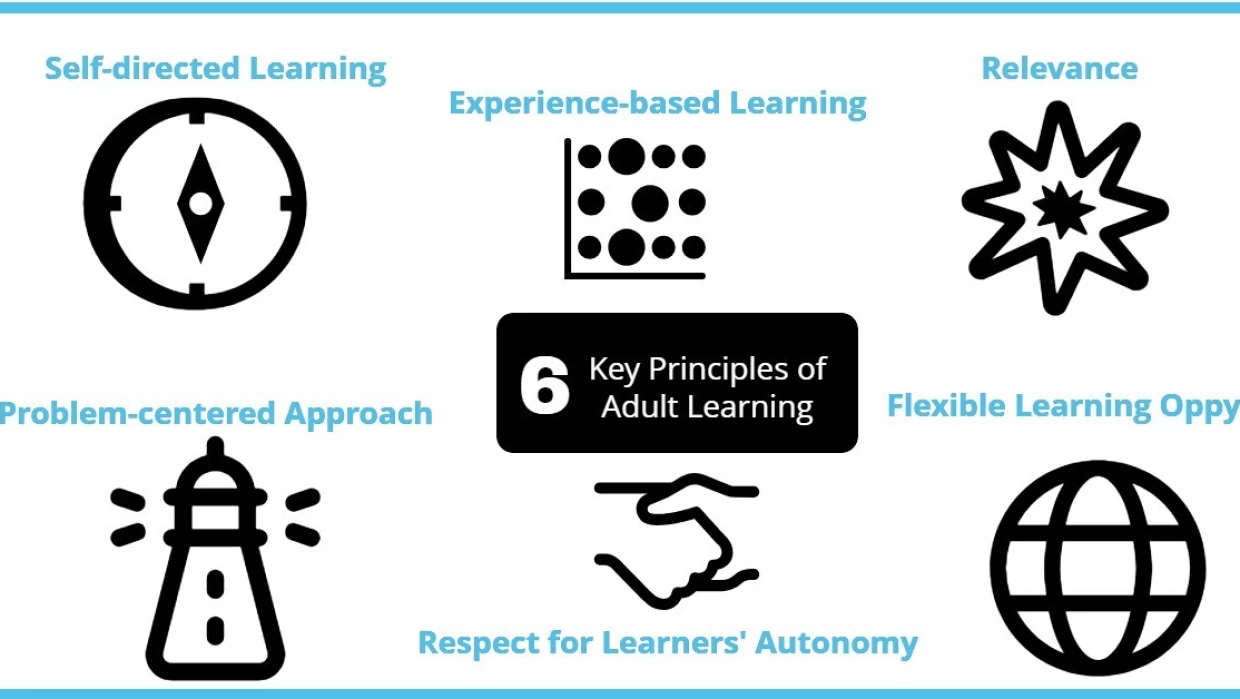













We would be delighted if you could get in touch with us.
Your email address will not be published. Required fields are marked